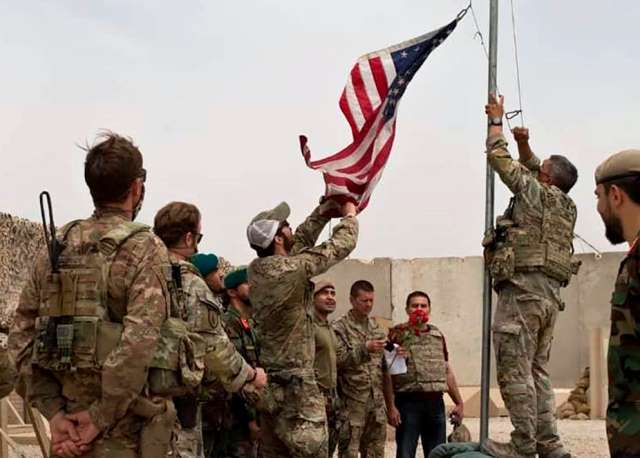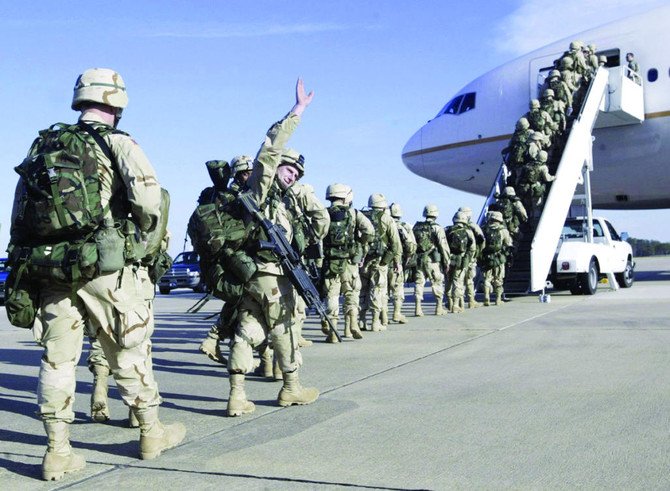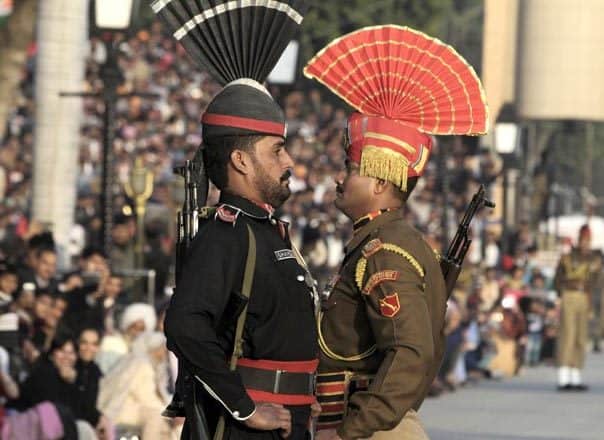Imran Khan’s misadventures in office and his attempts to cling to power have come against the reality of numbers as he tried to use every method in the book to outwit the establishment. Although he hasn’t given up, the levers of power have moved on from his grasp. The Supreme Court and High Court had to intervene to bring a rolling rail back
Imran Khan, chairman of Pakistan Tehrik-e-Insaf, came to power in 2018 promising delightful dreams of prosperity, fair deal, national prestige, honour of Pakistani passport in the world, houses for poor, jobs for youth, lawmaking, best governance, no corruption, accountability of the corrupt politicians and officers, no protocol, quality education, no loan from IMF, return of all loans, respect of the state institutions etc. However during his tenure he proved an utter failure to metalize all these promises and hopes.
March 2022 proved catastrophic to Prime Minister Imran Khan when he was ousted from power through no-confidence move presented by the opposition parties including PPP, Muslim League (N), ANP, PTM and other members in the national assembly. This was the time when Imran Khan decided to go for political shenanigans in and outside the assemblies.
Imran Khan, quoting an ambassador’s cable from the US, declared the no-confidence move as an American conspiracy because Imran Khan had refused the USA to give airbases likely to be utilized for surveillance of Afghanistan.
On this stand, he organized his ministers, Speakers and social media to blame and embarrass the military establishment of Pakistan with the aim to cripple the confidence of the establishment, election commission and courts.
He warned the ‘establishment’ that he would be more dangerous (Khatare nak) if ousted. His own assembly members had deserted therefore he tried to threaten these members, the Courts, Election Commission and anyone else with Constitutional prerogatives as he interpreted it. Imran Khan is not a Constitutional legal luminary. Therefore, things went problematic and a constitutional crisis emerged.
ALSO READ: Naya Pakistan, Old Script
At his alleged insistence, the Speaker did not allow the no-confidence move within due days as ordered in the Constitution of Pakistan. This was a violation. Being custodian of the constitution the Supreme Court of Pakistan handled the disorderly situation and ordered to act upon its orders. The Speaker once again used tactics to delay the assembly proceedings. However at midnight, the Islamabad High Court and Supreme Court opened and a prison van started moving along the Constitution Avenue.
This was entirely unexpected by the Prime Minster who had already requested the Army Chief General Qamar Javed Bajwa to interfere as he was ready to resign if the opposition consented to hold fresh elections. This option was declined by the opposition allies, the PDM. The Prime Minster had to leave the PM house with dejected heart and he moved to his home silently.
The Assembly passed no-confidence move against Imran Khan but the PTI (Imran Khan’s party) decided to create hurdles in the way of the new government. The political misadventure continued and as the Speaker resigned, the Deputy Speaker tried to sabotage further processes. He finally accepted the resignations of the PTI members and then resigned himself.
The legal process to confirm the resignations was not adopted so it is still pending and proved another political misadventure. Mian Shahbaz Sharif was elected new Prime Minster. However President Arif Alvi considered the new government imported, traitors and funded by USA and decided to refuse to administer the oath. Consequently the Chairman of the Senate of Pakistan took oath of the Prime Minister and his cabinet members. The new government was in place.
The Punjab Assembly was the next locus of the political games and intrigues. Ch. Pervaiz Elahi, the Speaker, first promised to side with the opposition but on the insistence of his son Moonas Elahi he chose to be the PTI candidate of Chief Minster against Mian Hamza Shahbaz. However the Speaker embarrassed the Deputy Speaker by issuing different statements and even issues orders though being CM candidate his powers were frozen.
Again, the Lahore High Court had to interfere. Yet again PTI and Muslim League (Q) tried to obstruct the process. They physically attacked the Deputy Speaker, Dost Mazari, to sabotage the voting process. After the skirmishes, the Police and the Assembly officials ensured voting for the CM office while PTI and Muslim League (Q) sensing clear defeat walked out of the assembly.
Mian Hamza Shahbaz won the CM office. Repeating the national farce again, the PTI Governor Umar Chattha refused to take oath from the newly elected CM and started correspondence with different offices including of the President.
The Muslim League(N) again had to knock at the High Court and Justice Ameer Ali Bhatti asked Dr. Arif Alvi to depute anyone else to ensure oath of the CM Punjab. This oath taking issue is still pending and the politicians are more concerned with their party line than the constitution and the state.
The current political situation of Pakistan has exposed the inability and incapability of the politicians to permit smooth running of processes. They are unable to cope with this sort of political crisis. Woefully, this ensures that Pakistan will have to suffer more in the coming years because of the leadership crisis. This further confirms that the political parties only can only function in office if the establishment supports them in the day-to-day affairs.
Unfortunately, Pakistan’s political parties generally condemn the establishment’s role when they are in opposition but expect full support and behind the scene maneuverings when they are in the government. Imran khan was very happy when he was enjoying this support but as the establishment withdrew its political role, the government collapsed and Imran Khan started staging mass protest.
Imran Khan believes that use of religion and cursing the military Chief, USA, Courts and election commission would force them to rethink and give him support again. The foreign funding case, Tosha Khana scandal and his signatures on some other documents relating to medicine, flour, sugar subsidy etc. however could be very dangerous for his political career. Therefore, he has adopted the going-public policy to seek the establishment’s favour in the current and coming political happenings but it is likely to be another political misadventure bearing no positive results.
On the other hand, it is expected that the PTI will get something from the institutions because past history reveals that nuisance value does work and the leaders kicked out of the corridors of power are granted relief through deals reached with the levers of real power in Pakistan. Therefore, we can conclude that Imran Khan will survive in the political arena but he has damaged his party and relations with most countries due to his ill thought out statements, speeches and actions. As the song goes, ‘another one bites the dust’. In Pakistan as in most countries, the sunrise and sunset of a politician depends on those who hold real power behind the office.



